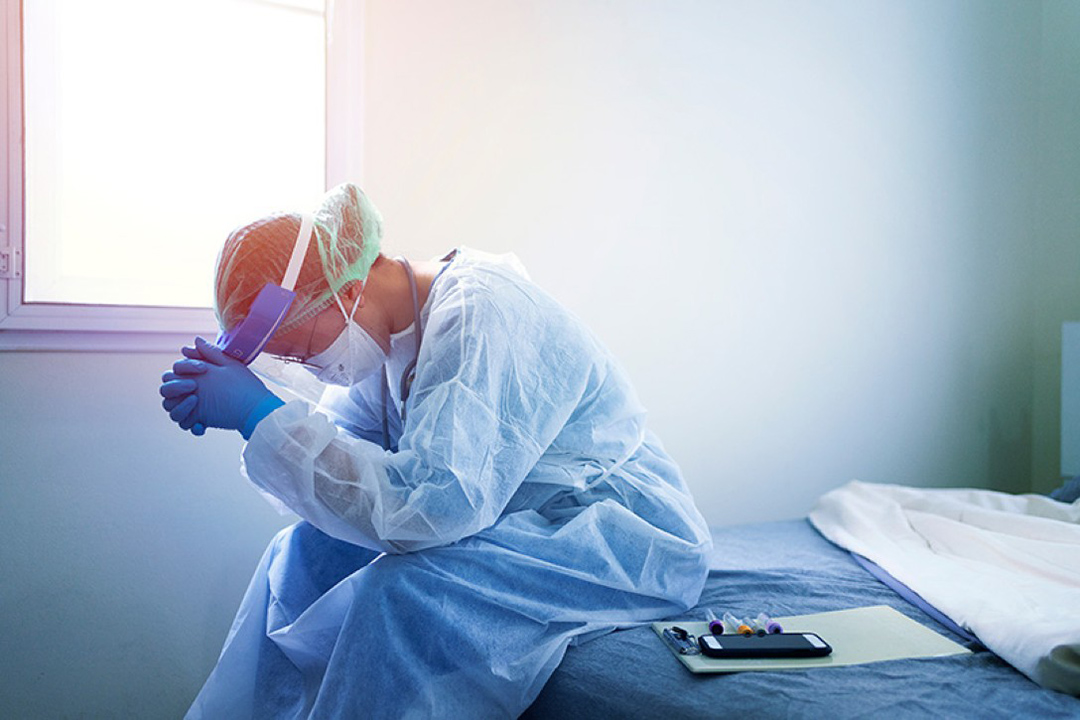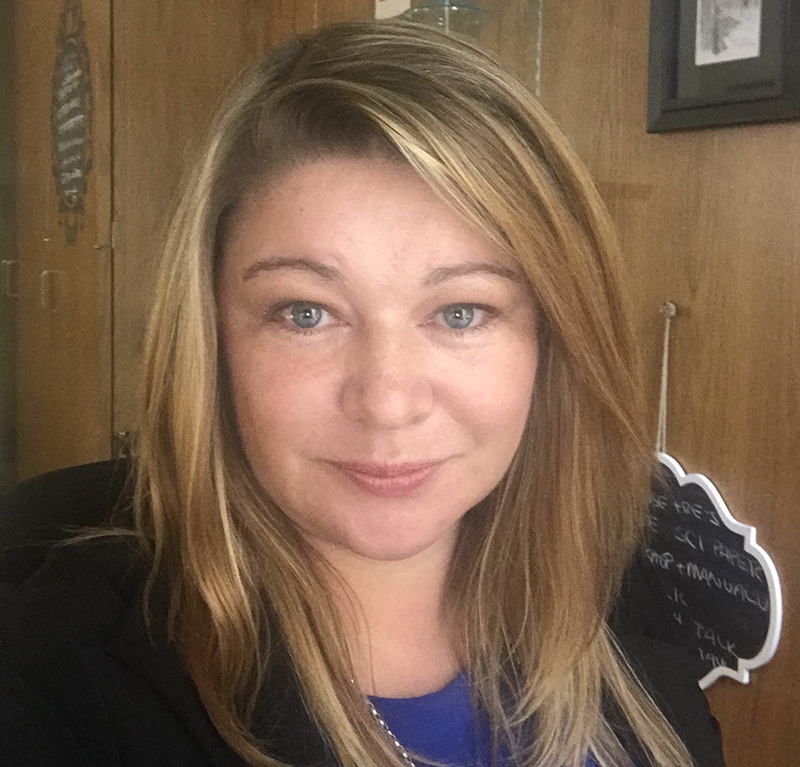
USask unites: USask psychologist offers free counselling to health-care workers during COVID-19 pandemic
Since the first cases of COVID-19 were announced in the province, members of the USask community have come together to support one another in these uncertain times.<br/>
By Shannon BoklaschukExtraordinary circumstances have brought out extraordinary responses from members of our USask community. From frontline health-care workers to researchers looking for a solution to this global health threat, there are so many stories about people are working to make our home communities safer and healthy. Here are a few of the inspiring stories of our students, staff, faculty and alumni.
A University of Saskatchewan (USask) psychology professor has signed up to provide free counselling to support front-line health providers in the province during the COVID-19 pandemic.
Dr. Megan O’Connell (PhD), a registered doctoral psychologist, will provide counselling to health-care providers who may be feeling stressed, overwhelmed or distressed by being on the front lines during the global health crisis.

“Stressed health-care providers should have ready access to psychological services to help with coping,” said O’Connell, a faculty member in the Department of Psychology in USask’s College of Arts and Science.
“What impacts this constant stress would have on mental and emotional well-being could vary a lot depending on each individual, but burnout and symptoms of anxiety or mood disorders are possible.”
Before volunteering, O’Connell read stories from Italian physicians and nurses about dealing with COVID-19 in that country. She also read an English summary from the Italian College of Anesthesia, Analgesia, Resuscitation and Intensive Care (SIAARTI) suggesting a similarity between the triage decisions during the pandemic and what would typically happen in wartime.
“I am familiar with triage rules under wartime conditions when I trained as a reservist army medic over 20 years ago—and these types of decisions are heart-wrenching and opposite to the way health-care providers are trained, and can be inconsistent with their life-saving values,” said O’Connell.
“It made me worry about the impact of this pandemic on the mental health of front-line health-care providers in situations where the system is overwhelmed—and we are seeing some more of these stories coming from health-care providers in NYC. If, god forbid, Saskatoon hospitals find themselves similarly overwhelmed, I wanted to do whatever I could to support them.”
O’Connell volunteered after the Canadian Psychological Association (CPA) called on all registered psychology practitioners to consider donating some of their time to help front-line health providers during the pandemic. She is currently one of 11 registered psychology practitioners listed on the CPA website as volunteering in Saskatchewan.
“Besides clear stressors under conditions similar to wartime triage, front-line health-care providers are potentially at personal risk from this virus. They know this and might worry about the risk this poses to their own health and to the health of their family,” O’Connell said.
“Exposing themselves to personal risk is part of why society has begun saluting them in any way we can, such as the many small acts of displays of gratitude occurring around the world at shift changes. This constant vigilance about providing good patient care now and, in the event of an overwhelmed health-care system, exposure to personal risk and worry about risk to their families could impact their mental health.
“The Canadian Psychological Society’s salute to front-line health-care providers, by creating a network of pro-bono psychological service providers across the country, is an initiative I am happy to join.”
Share your stories with us: We are collecting the stories of resilience and good spirit from our USask community. Please send story ideas and photos to news@usask.ca.
As a community it is critical that we support each other and remain respectful during what is a difficult time for all of us. Please follow all guidelines and take all precautions to prevent the further spread of COVID-19 in our community.
How you can help our students during the COVID-19 pandemic: https://alumni.usask.ca/news/2020/covid-19-how-you-can-help-our-students.php
For the latest developments and information about the University of Saskatchewan's response to COVID-19, please go to www.usask.ca/updates.
The University of Saskatchewan is undertaking critical research and contributing to global efforts to combat COVID-19. The University of Saskatchewan's Vaccine and Infectious Disease Organization (VIDO-InterVac) is a world leader in developing vaccines and technologies to combat infectious diseases. Your support of the COVID-19 Research Fund supports the increased efforts of researchers at the University of Saskatchewan to develop vaccines and treatments for COVID-19. Donate now.
Article re-posted on .
View original article.
